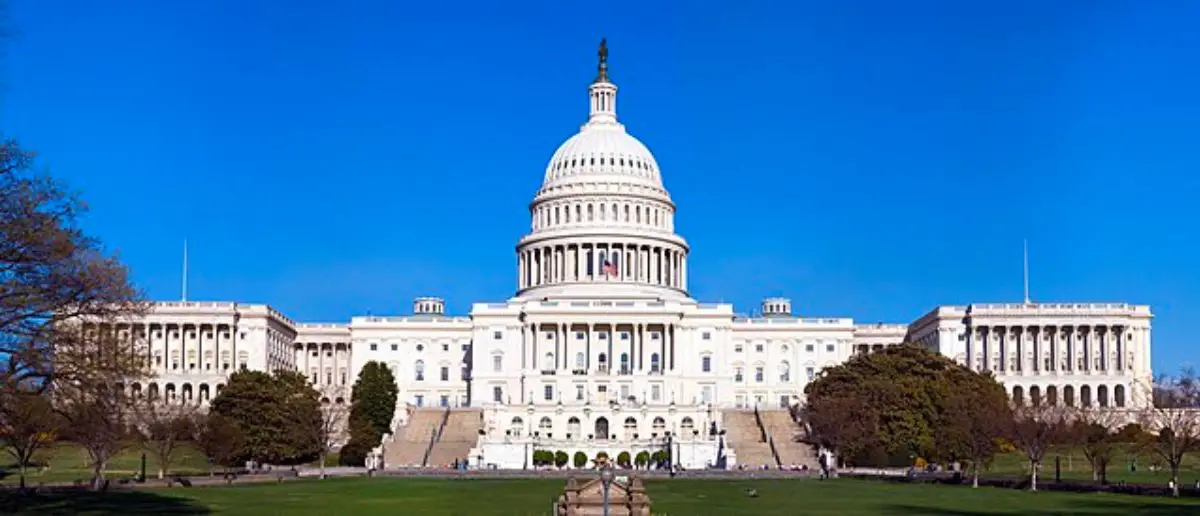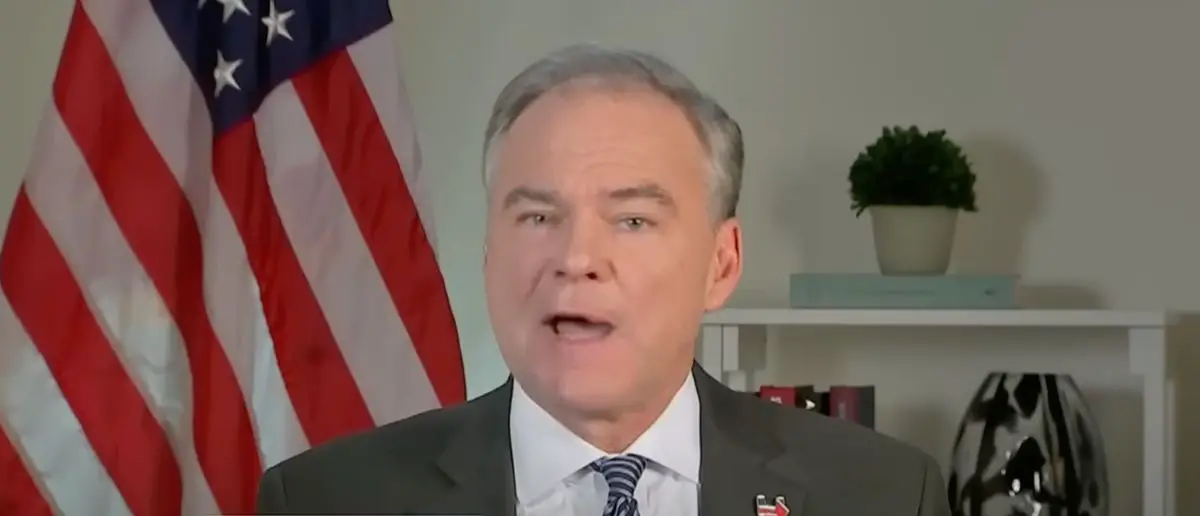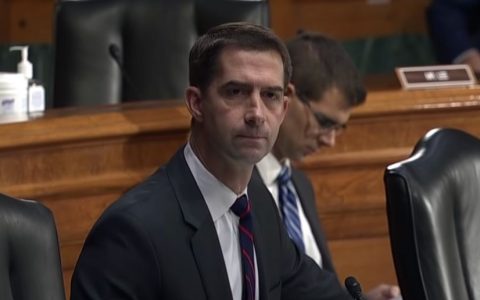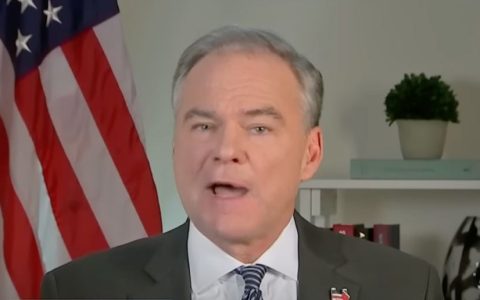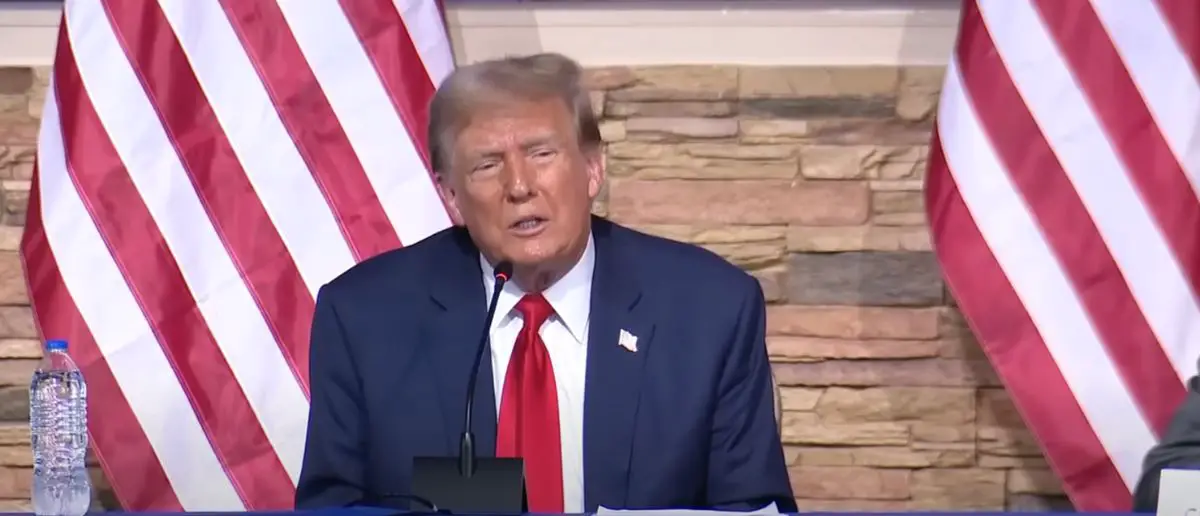
The fallout between Trump and Musk has been dramatic. The two may never reconcile.
Especially after President Trump dropped this nuclear bomb on Elon Musk.
Trump Denounces Musk’s Third Party Venture as Tensions Rise
On Sunday, President Donald Trump sharply criticized Elon Musk’s newly unveiled “America Party” during a press conference in New Jersey. The announcement of the third party, which Musk introduced via X on Saturday, has sparked a public feud, highlighting a growing rift between the two influential figures. Musk revealed his intention to launch the “America Party” to champion “freedom” for Americans, particularly targeting fiscal conservatives and libertarians disillusioned with the Republican Party.
In response, Trump dismissed the move as “ridiculous,” arguing that the U.S. political system thrives on a two-party framework. “The Republican Party is seeing tremendous success,” Trump told reporters. “A third party just creates confusion and has never worked in this country.”
In a scathing Truth Social post later that day, Trump doubled down, accusing Musk of veering “off the rails” and labeling his third-party effort a recipe for “disruption and chaos.” He pointed to the historical failure of third parties in the U.S., suggesting Musk’s initiative is doomed to fail and could undermine the Republican agenda.
Musk’s push for the “America Party” stems from his frustration with Republican lawmakers who supported Trump’s recently signed “big, beautiful” bill. The tech mogul has repeatedly floated the idea of a new party to appeal to voters seeking an alternative to the established political structure, which he has criticized as a “uniparty” system.
Political analysts, however, question the viability of Musk’s venture. Michael Kazin, a political historian at Georgetown University, likened third parties to “honeybees” that make a brief impact before fading away. He suggested Musk would wield more influence by investing his wealth within the Republican Party rather than challenging the entrenched two-party system.
On Friday, Musk conducted an X poll asking whether Americans wanted to break free from the two-party system through the “America Party.” The results showed strong support, with nearly two-thirds of respondents favoring the idea, which likely spurred Musk’s swift announcement of the party’s formation.
CNN commentator Scott Jennings cautioned Musk on Sunday about the risks of fragmenting the conservative vote. He warned that the “America Party” could inadvertently empower Democrats by splitting right-leaning voters, potentially handing victories to those who oppose Musk’s fiscal and immigration views.
The Fracturing Bond Between Trump and Elon Musk
The public clash over Musk’s “America Party” marks a significant escalation in the deteriorating relationship between President Donald Trump and tech billionaire Elon Musk. Once seen as allies with shared interests in disrupting political norms, the two have increasingly found themselves at odds, with their recent exchanges signaling a deep divide.
The roots of this tension trace back to Musk’s growing dissatisfaction with the Republican Party’s direction under Trump’s leadership. Musk, a vocal advocate for free-market principles and limited government, has expressed frustration with what he perceives as the GOP’s deviation from these ideals, particularly with the passage of Trump’s expansive new bill. This legislation, which Musk criticized as fiscally irresponsible, appears to have been a catalyst for his third-party ambitions.
Trump, for his part, has taken Musk’s move as a personal affront. His sharp rhetoric, including calling Musk a “train wreck” on Truth Social, suggests a sense of betrayal from a figure he once praised. The president’s insistence that third parties are destined to fail reflects his belief that Musk’s actions threaten to undermine the Republican Party’s unity and electoral prospects.
Web reports indicate that Musk’s push for a third party has been brewing for months. According to a November 2024 article from The Wall Street Journal, Musk began privately discussing the idea with advisors after clashing with GOP leaders over budget priorities. His X platform has served as a megaphone for these views, with posts rallying support for a political movement that prioritizes “freedom and innovation” over traditional party loyalty.
A December 2024 analysis by Politico noted that Musk’s influence within conservative circles has grown significantly, thanks to his ownership of X and his outspoken commentary. However, his decision to challenge the two-party system has drawn skepticism from strategists who argue that third parties rarely succeed in the U.S. due to structural barriers like winner-takes-all elections.
Recent posts on X, accessed on July 7, reveal polarized reactions to the Trump-Musk feud. Some users applaud Musk’s attempt to shake up the political establishment, viewing it as a bold stand against entrenched interests. Others echo Trump’s concerns, warning that a third party could fracture the conservative vote and hand Democrats an advantage in future elections.
This fallout could have far-reaching implications. A January 2025 report from Bloomberg highlighted Musk’s financial clout and his ability to mobilize grassroots support, which could make the “America Party” a disruptive force, even if short-lived. Conversely, Trump’s firm grip on the Republican base means any challenge to his authority risks alienating a significant portion of conservative voters.
As the 2026 midterms approach, the Trump-Musk divide could reshape the political calculus. Analysts suggest that Musk’s wealth and platform give him leverage, but Trump’s enduring popularity among Republicans makes him a formidable opponent. For now, their public spat is a real struggle over the future of the conservative movement, with both men vying to define its trajectory.
Stay tuned to the DC Daily Journal.

